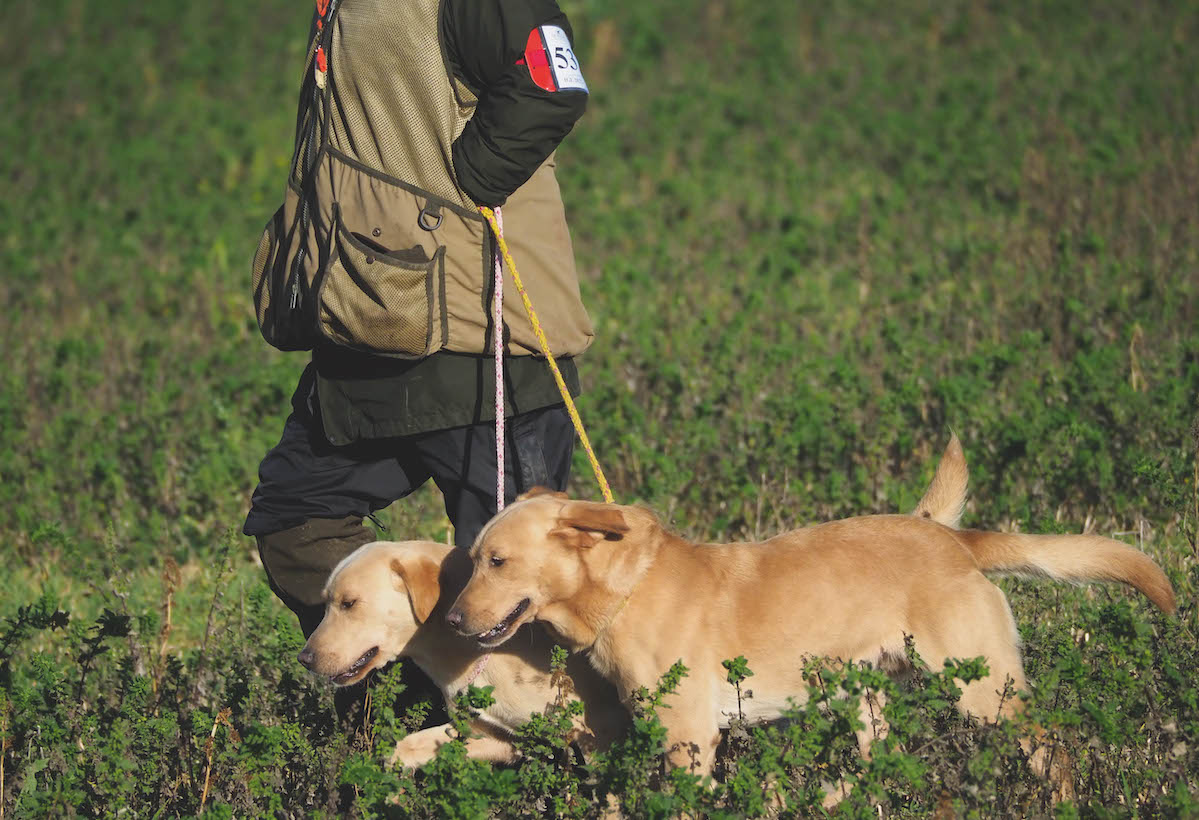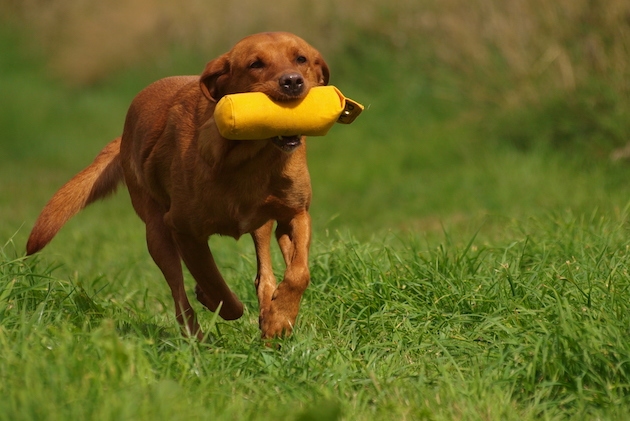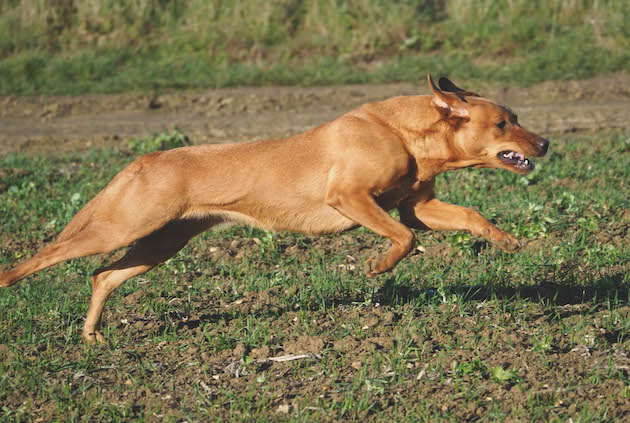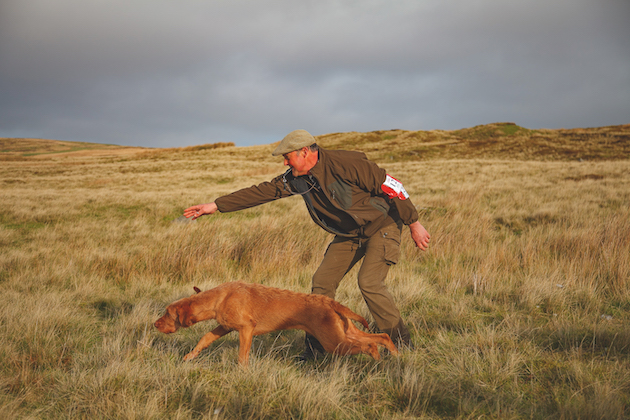Do field trials have a future?
Professional handlers are taking over field trials, which are getting increasingly expensive for the amateur owner, says David Tomlinson

What started as a series of wagers (stakes) between the dog handlers of major landowners in the early years of the 20th century has evolved into hundreds of regulated field trials run by societies. (Read are field trial champions really the best?)
Around 85 gundog clubs run retriever trials, on which the Kennel Club (KC) has always had a monopoly — trials can only be run by clubs that it has licensed to do so. All dogs competing have to be KC-registered, while anyone or any club attempting to run an independent trial without approval can be sure of reprisals.
Though there can be no questioning the dedication of the KC’s field trial office, nor the hard work of its sub-committee, there’s growing concern at the apparent indifference of the club to pressures for change. According to Paul Dixon, retired headmaster, chairman of Burns and Becks Gundog Club and an avid trialler: “It’s hard to avoid the perception that shooting in general and gundog trials in particular are embarrassments to an organisation hypersensitive to the woke demands of modern popular culture.”
The KC’s primary interest has always been showing and there are many members who are uneasy about its continuing support for a sport that involves shooting. Paul says one of the major concerns of many triallers is its increasing professionalisation. “The ability of professionals to enter trials with expenses paid by their employers gives them a considerable advantage over amateur handlers, as does the fact that they can enter several dogs from different owners in the draw. In the past there were only two or three such professional handlers but now there are many.
“What is urgently needed as a first step is a change in the J regulations to restore the one-dog one-handler rule that used to exist. At least then the amateur entering a single dog would be less likely to be pushed to one side by greedy professionals in search of their bonuses.”
Field trials lucrative
The incentive for the professionals to win field trials is huge. Paul explains: “There is a very lucrative market for successful field trial dogs that are rightly seen to have the temperament and ability to produce outstanding offspring. However, the price of such dogs, particularly abroad, has begun to rival the sums paid for working collies. Tens of thousands of pounds are paid for the best performers, with the dogs ending up in stud farms abroad. “Some of them are retained in this country during the shooting season and run in trials by professional handlers, engaged, all expenses paid, by their overseas owners.”
One of the strengths of trialling has long been that these competitions are judged by peer review; typically experienced triallers judging each other. They receive their expenses for accommodation and travel from the club organising the trial.
However, according to Paul: “It’s not unusual for the professionals to judge each other and, in the financially pressured environment that now exists, there’s a perception that they may be less objective in judging their fellow professionals. This isn’t helped by a lack of proper supervision by the Kennel Club, where routine evaluation of judges is regarded by many as ineffective.
“Running in trials against professionals has undoubtedly raised the standard of dog work, but it has changed the atmosphere from a friendly amateur basis to a pressured situation where livelihoods depend on judges’ decisions and pleasant rivalry is often sacrificed.”
Another serious challenge facing trialling is rising costs. “The days are long gone when a wealthy and benevolent landowner might donate 30 to 40 birds to a club for a trial. Today, costs are around £30 to £40 per bird, even for walked-up, while finding trialling ground becomes increasingly difficult.
“This is reflected in the entry fees for competitors, which now range from about £50 for a one-day novice to £80 to £90 for a two-day open trial. With the increased cost of birds as well, clubs struggle to break even and there is a danger that the sport will begin to be seen as available to only those in a position to afford it.”
Commercial
Perhaps the most important of all the rules concerning trials is the requirement for a trial to resemble, as closely as possible, an ordinary shooting day. The shortage of good trialling ground is making this increasingly difficult. Last year, Paul says, game farms and commercial shoots hosted the majority of trials.
“While the availability, predictability and organisation of such places is very convenient for clubs, there is a danger that a generation of trial winners have been tested only at such venues, without experience of the wider world of game shooting,” he says.
Paul emphasised that these concerns are shared by his many contacts in the trialling world, including chairmen of other trialling clubs and dozens of A-panel judges. It appears that KC is aware of this growing crisis in the sport, but is choosing to ignore it. The club has never been good at accepting criticism, however constructive, but its intransigence on this threatens the future of the sport. ‘








